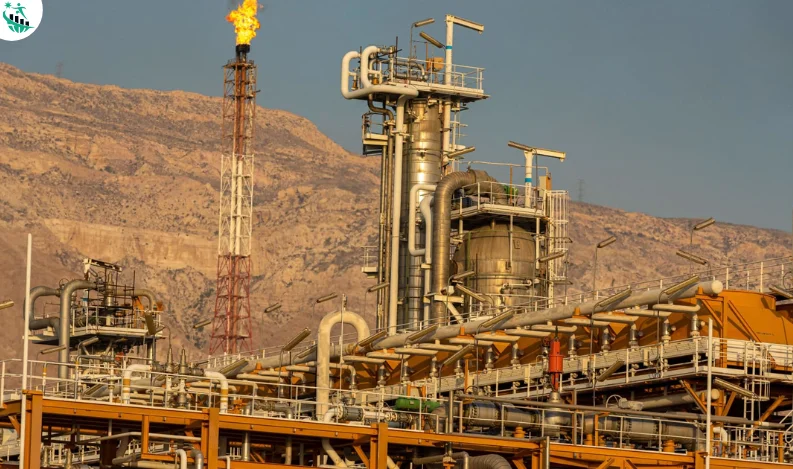
Oil Prices Soar 9% After Israeli Strikes on Iran, Marking Biggest Daily Gain Since 2020
New York – Global oil prices surged sharply on Thursday following Israel’s surprise military strikes on Iranian nuclear and ballistic missile facilities. The escalation in the Middle East has triggered renewed concerns over energy security and supply disruptions, driving crude futures to their highest single-day gain in nearly five years.
U.S. West Texas Intermediate (WTI) crude climbed 9.66% to $74.64 per barrel, while Brent crude, the international benchmark, rose 9.27% to $75.79 per barrel. Both benchmarks briefly spiked as much as 13% in after-hours trading before settling slightly lower.
The rally marks the largest single-day percentage gain since 2020, a reflection of the market's heightened sensitivity to geopolitical shocks in oil-rich regions.
Israel Targets Iranian Nuclear Facilities
In a nationally televised address, Israeli Prime Minister Benjamin Netanyahu confirmed that Israel had launched a “targeted military operation” aimed at dismantling Iran’s nuclear enrichment infrastructure and ballistic missile capabilities.
“This operation will continue for as many days as it takes to remove this threat,” Netanyahu said.
The strikes reportedly hit Iran’s key Natanz enrichment site, targeted several nuclear scientists, and damaged installations at the core of Iran’s missile program.
Iranian state media reported that Hossein Salami, commander of the Islamic Revolutionary Guard Corps (IRGC), was killed in the attack, an unconfirmed but highly provocative development.
U.S. Not Involved, Tensions Rise
U.S. Secretary of State Marco Rubio quickly clarified that the United States had no involvement in the Israeli strikes.
“We are not involved in strikes against Iran,” Rubio said, adding that the top U.S. priority is to protect American forces in the region.
Rubio also warned Iran not to retaliate against U.S. military installations, though he acknowledged that Israel had notified Washington of its intent based on self-defense grounds.
Following the strikes, Israel’s Defense Minister Israel Katz declared a special state of emergency, anticipating possible Iranian missile and drone retaliation.
Oil Market Reaction and Geopolitical Fears
The strikes immediately jolted global oil markets. Traders are now bracing for potential retaliatory moves from Iran that could disrupt oil flows through the Strait of Hormuz, a critical shipping chokepoint responsible for nearly 20% of global oil traffic.
“Iran knows full well that President Donald Trump is focused on lower energy prices,” said Andy Lipow, president of Lipow Oil Associates. “Any disruption could have political consequences for the administration.”
Energy analyst Saul Kavonic, head of research at MST Marquee, said the airstrikes are a stark reminder that geopolitical risks in the oil market are more immediate than previously assumed.
“These attacks could trigger retaliatory spirals, even unintentionally, and could embolden hardliners in Iran,” Kavonic said.
Market Context
For much of the past year, oil markets had shown limited sensitivity to geopolitical tensions, reflecting a sense of stability in global supply chains. However, Thursday’s events may reverse that trend, especially if Iran’s response includes attacks on energy infrastructure or shipping routes.
The sudden spike in prices also comes as energy markets remain tight, with OPEC+ production discipline, modest global demand growth, and inventory drawdowns in major consuming nations.
Energy analysts warn that a prolonged conflict or further escalation in the Middle East could push prices even higher, potentially reaching $90–$100 per barrel, depending on Iran’s next steps.



Recent Comments:
No comments yet.